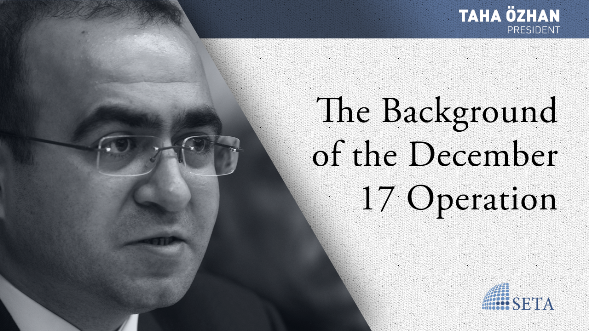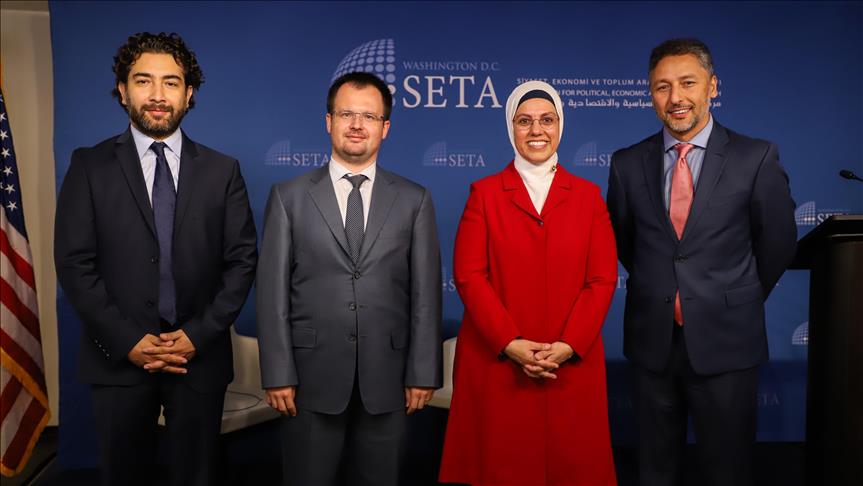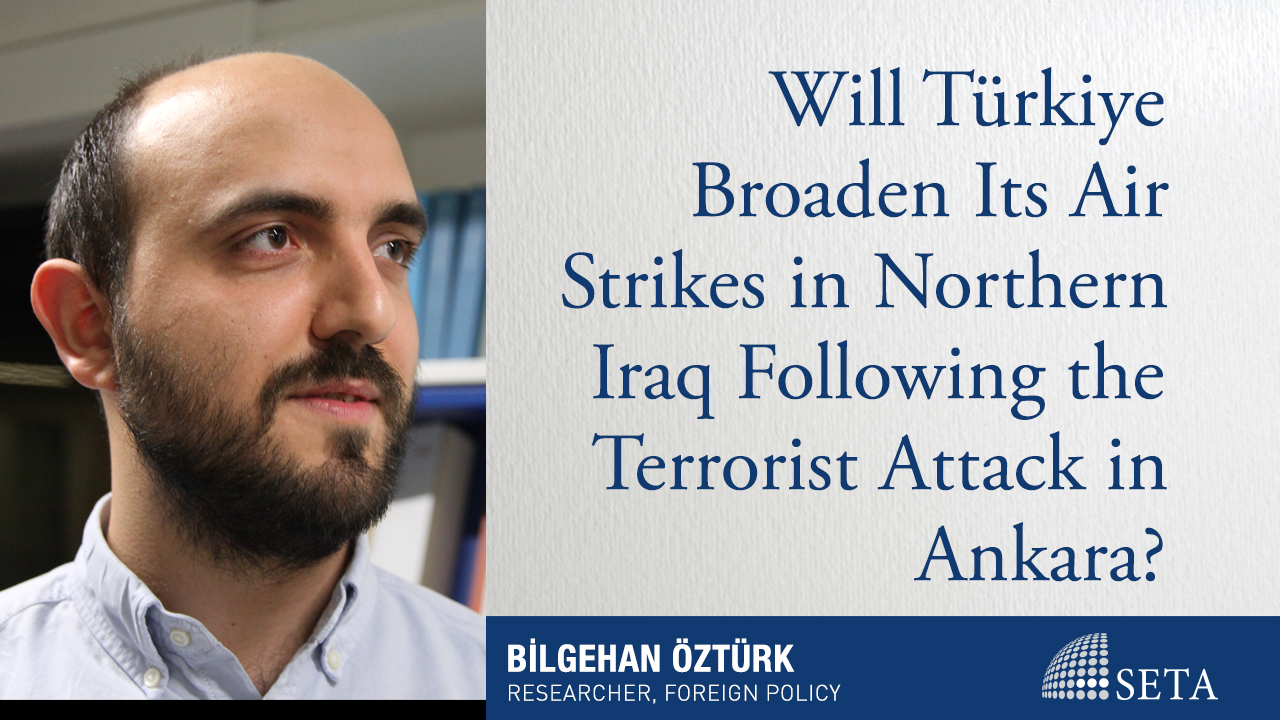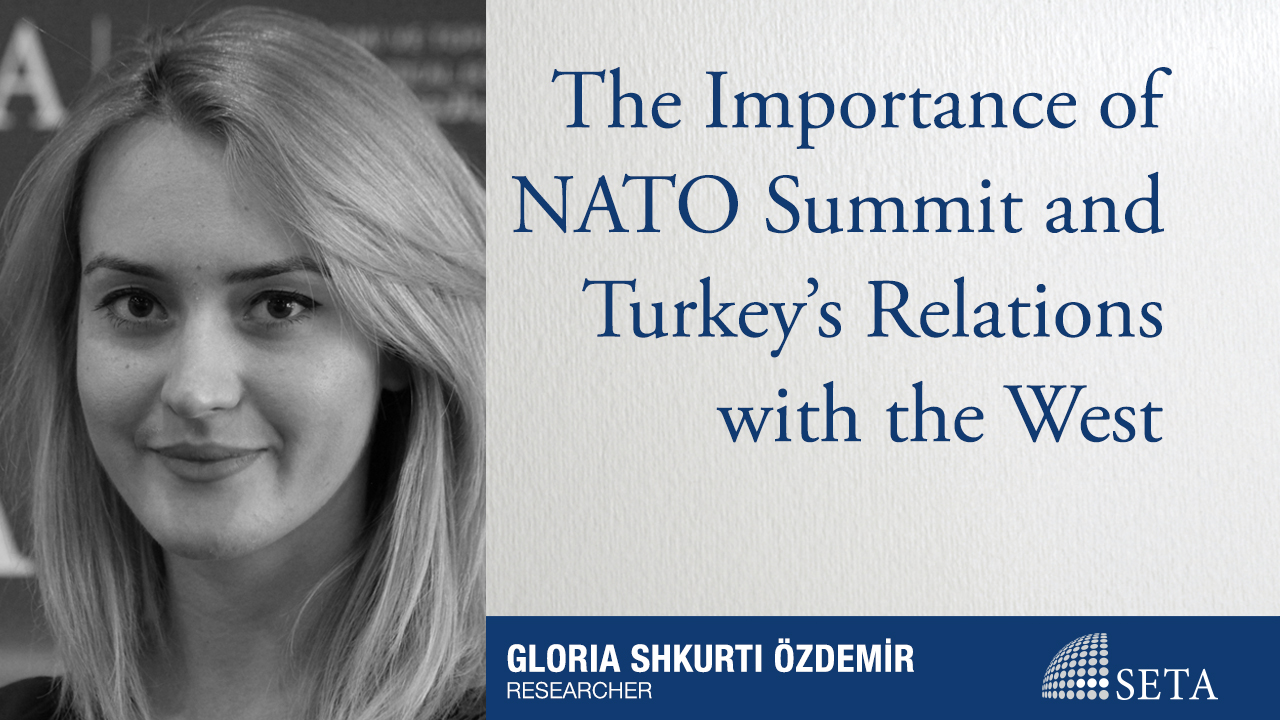As Turkey has become the scene of a corruption case on December 17, 2013, no one anticipated what the relevant investigation may lead to.
Although the relatives of a number of Cabinet ministers are also accused of “irregularities,” no one has thought that these “irregularities” may be part of irregular steps of a plot against the government, which the Prime Minister Recep Tayyip Erdoğan called a “dirty operation.”
In connection, a rift has unfolded between the Justice and Development Party (AK Party) ruling and the Gülen Movement after a debate over the government’s plan to close tutoring centers, many of which are run by the Movement.
Are all these just a coincidence? Is it politically motivated? How will the power struggle play out in local and presidential elections due in March 2013 and in 2014, respectively?
The Director of SETA Foundation Taha Özhan answers these questions posed by Al Jazeera’s Shinlie Ghosh on December 20, 2013.
“In the past, the governing party faced some kind of corruption charges. They had made these kinds of allegations, and investigations took place; for example, in the Ministry of Energy plenty of bureaucrats were arrested. For the first time [Prime Minister Recep Tayyip] Erdoğan is reacting against a corruption investigation with these words calling it a ‘dirty operation’. There are three reasons for that: First of all, the content (of investigations). This current operation is not a single fight. There are plenty of different and distinct actors who have nothing to do with each other and the files’ being investigated on the same day created the atmosphere as if all of them are related. So, that creates some suspicion. Another suspicion is the timing; because, as if it was leaked yesterday, but most of the investigations had already been finished six months ago. And the last thing is the meaning. If it is going to be seen as the corruption case only, solely as a corruption case, it will (be). But there are plenty of questions. As the Prime Minister, other actors and the media - especially international media - questioned (of) a parallel state, an illegal gang, a state within a state (kinds of questions).”
To the question of Al Jazeera, “Is there a power struggle between these two men and why now?” Özhan gives a detailed answer: “Why now, is a quite good question and it is related to also what I said about the investigation, the corruption investigation. Why was this investigation, which had already been completed six months ago, just launched two days ago? It is related to your question because the debate is inherited from last month. When the government moved through shutting down the preparatory schools for universities, a big debate occurred in Turkey. But it was just one of the dynamics between the government and this Gülen group. The problem is: Who are behind this Gülen Movement? How do they define themselves? They call themselves a civil society or an NGO.”
As for the Movement’s being “hugely influential” and holding some offices within the Judiciary, within the Police, within the government itself, the SETA Director says:
“There is no evidence on that. We cannot call it like that; as yesterday the Prime Minister and the Deputy Prime Minister were talking about a parallel state, even a gang within the state, an illegal organization. These are the words they used, but they also refused to call this group by exactly those names. We will see what will happen in the upcoming days. But the problem is, this group [Gülen Movement] and the media organizations are jumping on this investigation as if it happened in 2012 when the investigation was about to start against the Chief of Intelligence. The image coming out of those media actors is that the group is somehow connected with or informally connected with these politically motivated moves. When it comes to the local elections,









